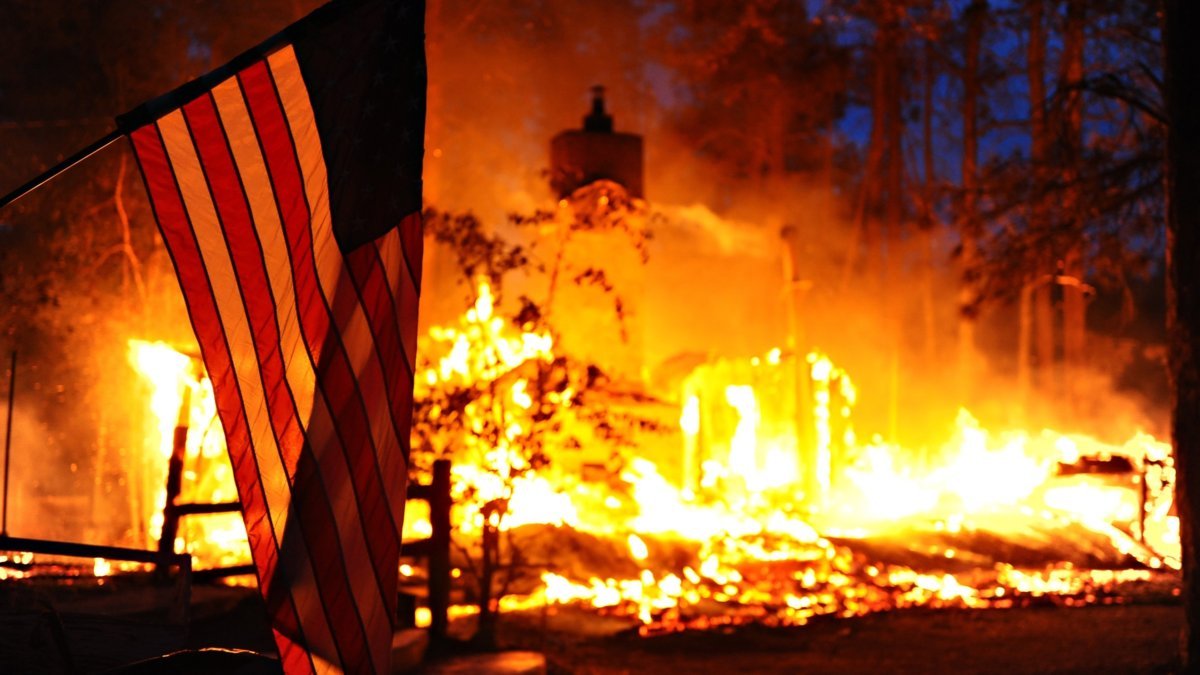
by Alice Hutchins.
In the aftermath of California’s recent wildfires, no one really knows whether it is possible to re-build what was lost, or whether it is better to start again from scratch, to try and create new lives in the face of so much loss. With the numbers of the dead constantly fluctuating, it is impossible for the residents of California to begin picking up the pieces of their past, when so many pieces are still missing, and so many families are yet to be reunited.
“While watching news coverage and discussing these issues with other scholars and journalists, I think the fires in California are a painful reminder of how critical issues of equity are in understanding, preparing for, and responding to hazards.” – Alex Greer PhD, University of Albany.
The action taken by the government to try to deal with and prevent such fires spreading in the future include plans for stricter fire-proofing, more thorough removal of dry brush that could possess threat as kindling for future fires, residential expansion into wildlands, and a need to address the growing world issue of climate change. It is hoped that by responding to the root cause of the fire, the government can not only prevent disasters like this occurring in the future, but can begin heading some way towards better housing and welfare for the Californian people, and greater efforts to reduce climate change on a global scale.
The loss of Paradise, California, has left its physical mark on the landscape, but more so its mark on the lives of the people who endured it. The land can heal, new houses can be rebuilt in place of the old ones, but going forwards it is important to consider how these disasters can be prepared for and prevented in years to come. The most pressing issue is the fire itself, how many lives it may have claimed, and how much damage it has done to this increasingly fragile state, but as Professor Alex Greer points out, the fire is only the start of a long and complex number of issues it may cause. The difficulty going forward is how the government are going to deal with those who already struggled in the housing system before the fire took everything from them, and where the fire leaves them now.
“With the number of people displaced by these fires, particularly low-income and people with housing instability, we can expect a number of issues to emerge relating to what types of housing are rebuilt and who has access to and representation in the aid process.” – Alex Greer PhD, University of Albany.
Over the coming weeks, the aid process will become the vital piece in helping society to overcome the effects of the disaster, salvage what they can of their families and their pasts, and begin to face the housing crisis that will follow. People will be watching anxiously to see how the victims of the fire are supported through their hardships, and whether paradise can be re-built from the rubble, or whether it is, in fact, lost.
For further reading and progress reports on the issues raised in this blog, please keep an eye on this website: https://abcnews.go.com/US/relentless-california-wildfires-leave-84-dead-800-unaccounted/story?id=59262994
Alice is a Creative Writing Graduate from the University of East Anglia and has recently joined the ImpacTeam, Department of Government at the University of Essex. This is Alice’s travel blog.